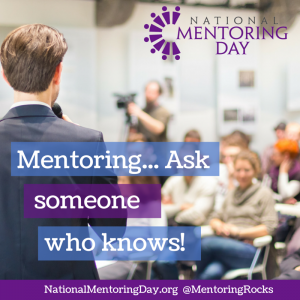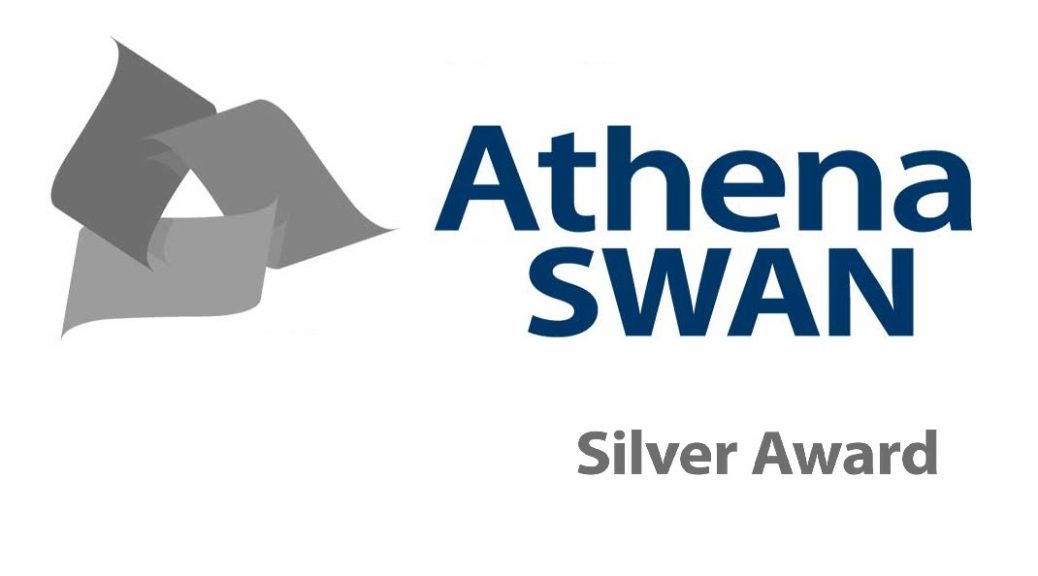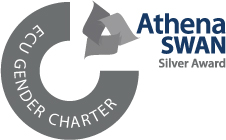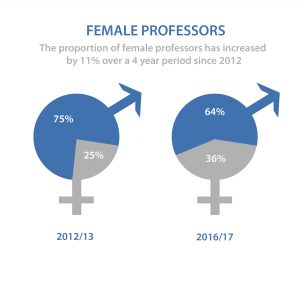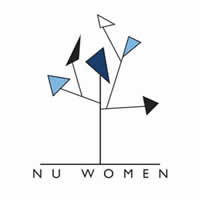 NU Women Professors’ Network (NUWPN) is open to all women professors who work at the university and was set up in 2015. The network operates as a mostly online forum where they circulate events of interest, discuss aspects of university life, and input into policy development through responses to consultations and organising meetings with key staff. NUWPN is part of the NU Women’s Network.
NU Women Professors’ Network (NUWPN) is open to all women professors who work at the university and was set up in 2015. The network operates as a mostly online forum where they circulate events of interest, discuss aspects of university life, and input into policy development through responses to consultations and organising meetings with key staff. NUWPN is part of the NU Women’s Network.
To find out more about NU Women Professors’ Network, we chatted to Professor Karen Ross from the School of Arts and Cultures, who Chairs NUWPN.
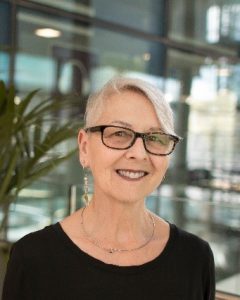 Why did you decide to get involved?
Why did you decide to get involved?
Since I entered higher education, I have always sought out women colleagues with whom I could share experiences and establish a support network: higher education is a brilliant but also quite challenging environment in which to work for everyone, but especially women and especially when you are climbing the career ladder. Amongst academic staff in UKHE, less than 25% professors are women although women and men enter the profession in similar numbers.
When I arrived in Newcastle in 2016, I immediately joined NU Women and NUWPN as both these networks provide opportunities to share ideas, meet together and learn from each other. When Kathryn Hollingsworth took up the chair of NU Women in 2016/17, I became chair of NUWPN.
Why is NUWPN important to its members?
The Network provides a useful means by which senior women in the university can ‘talk’ to each other online but also meet up in real time, as well as circulate information of interest.
What plans do you have for 2018/19?
Last year we ran a ‘making professor’ workshop which was attended by a wide range of women at different stages of their career, from professional services colleagues to recently graduated postdocs, all of whom were keen to hear the experiences of women professors and understand the different strategies women employ to thrive (and not simply survive) in a university environment. We will be running a similar event in the summer term 2019.
We also have occasional brown-bag lunches to touch base on initiatives underway in the university and will continue to organise such ad hoc meetings this year.
To read more about NU Women Professional Services Network, please see this page. They also keep joint social media channels with NU Women, so you can follow them on Twitter @NU_Women or visit their blog.


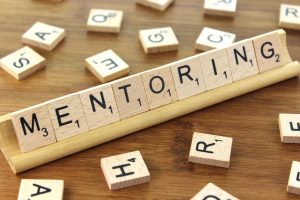 We’re encouraging everyone in the Faculty to
We’re encouraging everyone in the Faculty to 